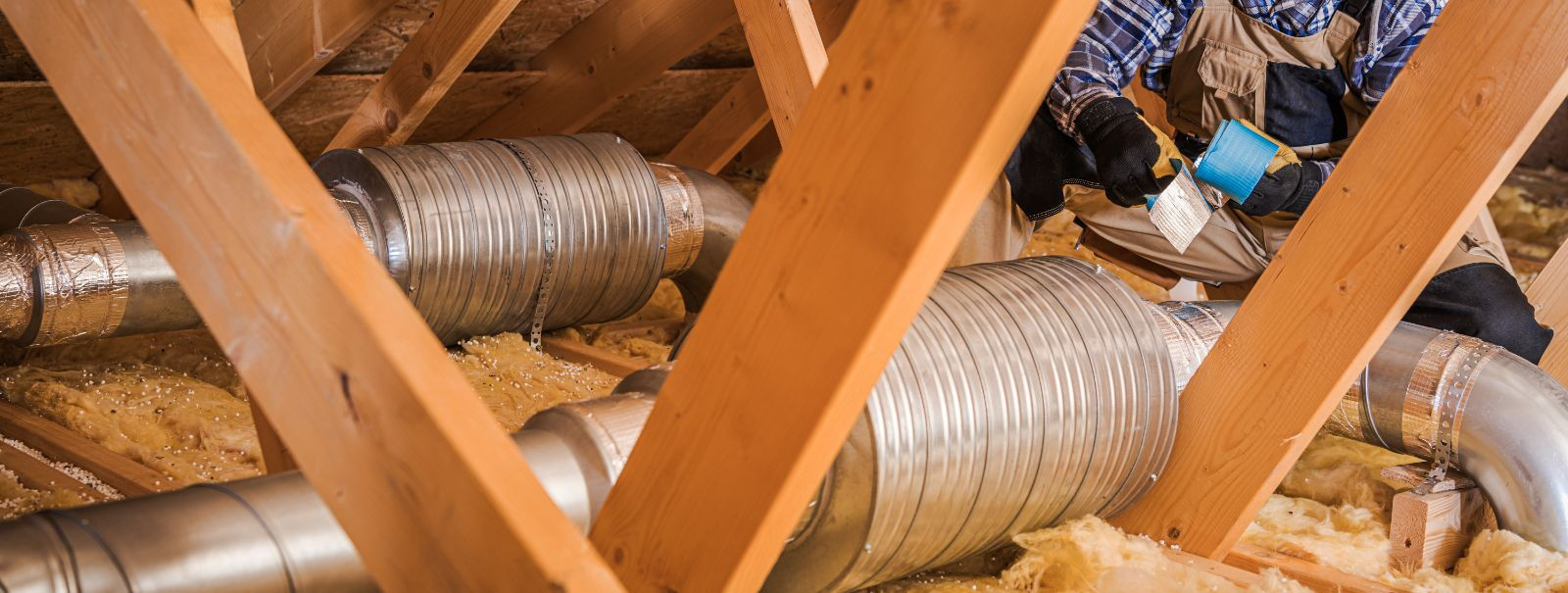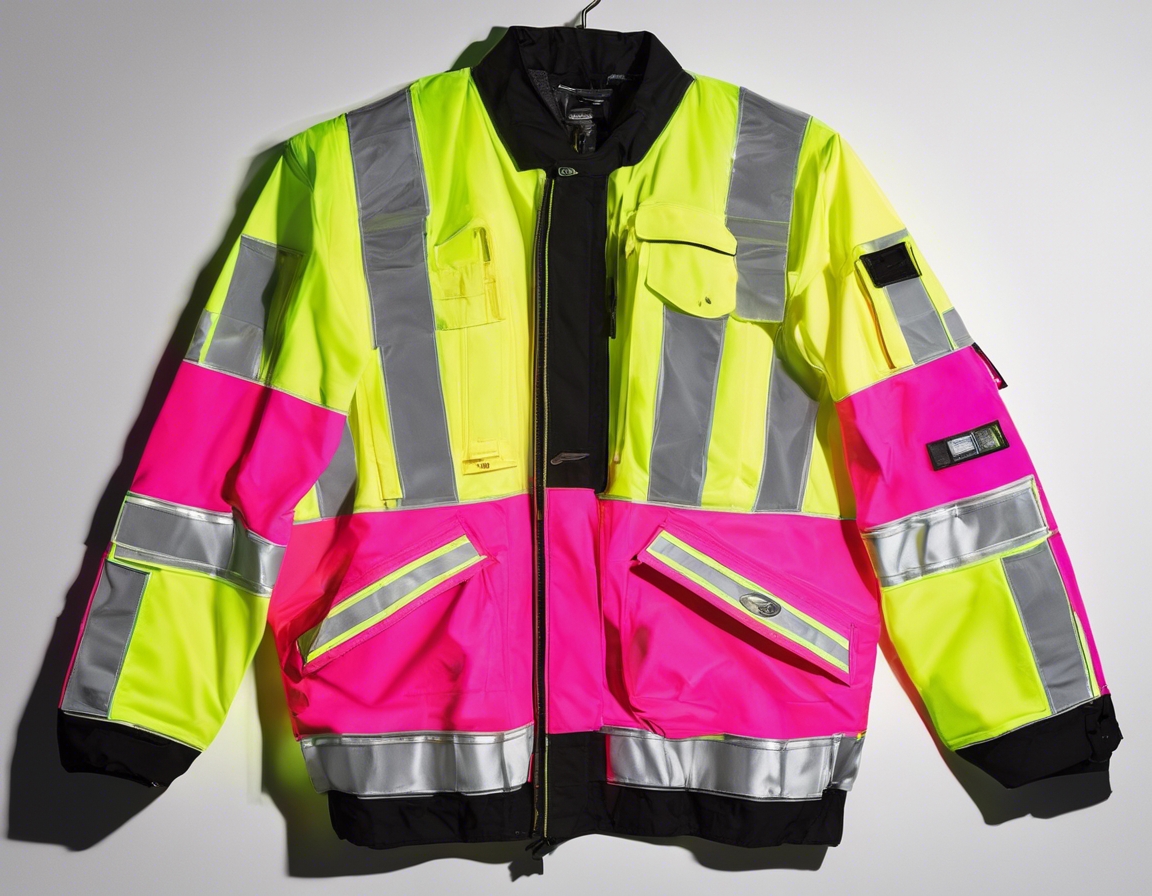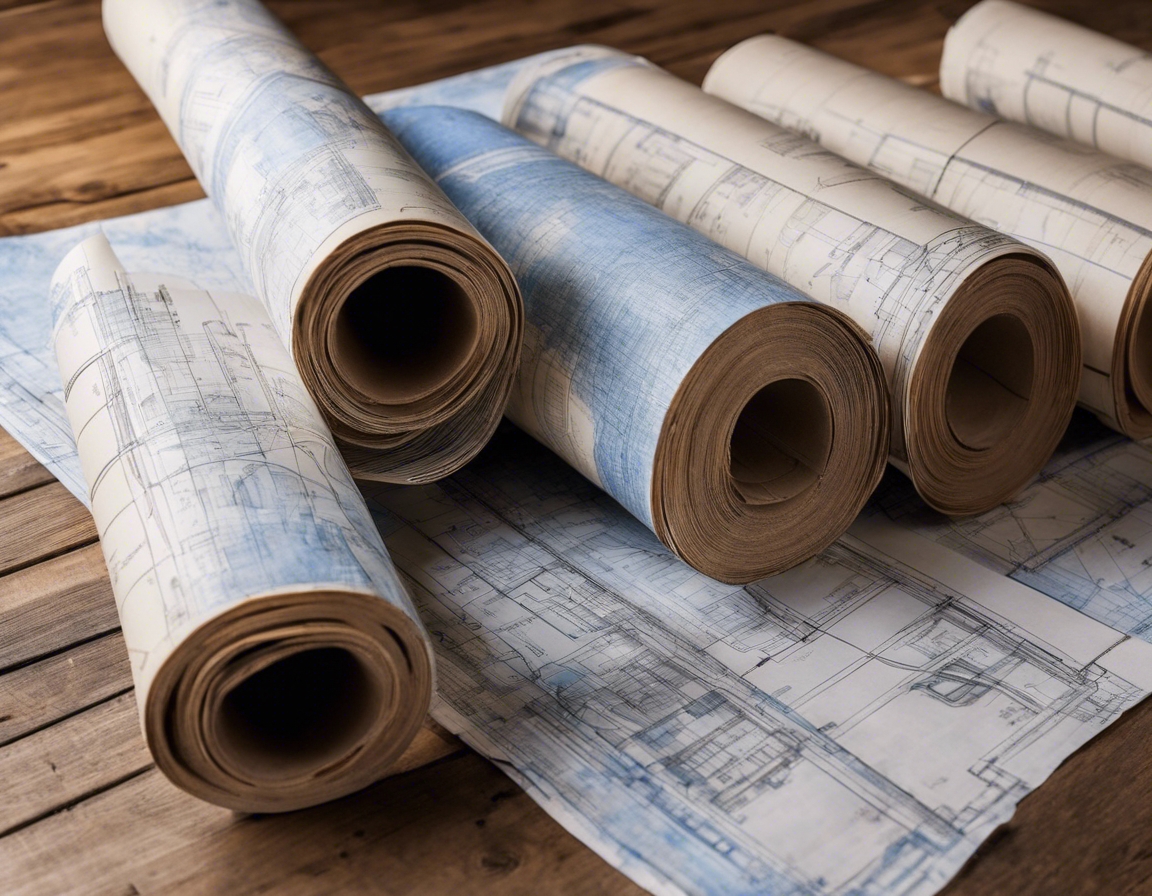Innovative ventilation solutions for modern homes
As we spend a significant amount of time indoors, the air quality within our homes is paramount to our health and comfort. Modern homes, with their airtight construction, require innovative ventilation solutions to ensure a continuous supply of fresh air and to expel pollutants and moisture.
Proper ventilation is essential for maintaining indoor air quality, controlling humidity levels, and providing a comfortable living environment. It helps to remove odors, pollutants, and excess moisture, which can lead to mold growth and health issues.
Modern homes are built to be more energy-efficient, often resulting in tighter seals that can trap pollutants inside. This makes effective ventilation systems more important than ever to prevent indoor air quality problems.
Types of Ventilation Systems
Natural ventilation relies on the natural flow of air through windows, doors, and other openings. It's the simplest form of ventilation but can be inconsistent and insufficient in maintaining air quality.
Mechanical ventilation systems, such as exhaust fans and whole-house systems, use fans and ductwork to provide controlled air exchange throughout the home.
Hybrid systems combine the benefits of natural and mechanical ventilation, adjusting to different conditions to optimize air quality and energy efficiency.
Advancements in Ventilation Technology
Smart controls can adjust ventilation rates based on occupancy, indoor air quality sensors, and even weather forecasts, providing a tailored approach to home ventilation.
ERVs exchange heat and moisture between incoming and outgoing airstreams, reducing the energy cost of heating or cooling fresh air.
Similar to ERVs, HRVs specifically focus on heat exchange, making them ideal for colder climates where retaining indoor heat is crucial.
Designing a Ventilation System for Your Home
Every home has unique ventilation needs based on its size, layout, and occupancy. A thorough assessment is the first step in designing an effective system.
The local climate plays a significant role in determining the type of ventilation system that will work best for your home.
For optimal performance, ventilation systems should be integrated into the home's design, considering factors like air pathways, insulation, and energy efficiency.
Health and Environmental Benefits
Good ventilation systems reduce the concentration of pollutants, allergens, and pathogens, leading to better health outcomes for occupants.
By using energy-efficient ventilation systems, homeowners can significantly reduce their energy consumption and carbon footprint.
Installation and Maintenance
Proper installation by professionals is crucial for the performance and longevity of a ventilation system. DREAMCREW OÜ offers expert installation services to ensure your system is set up correctly.
Regular maintenance is essential for keeping your ventilation system running efficiently. Simple tasks like cleaning filters and inspecting ductwork can go a long way in maintaining air quality.






Comments (0)